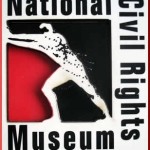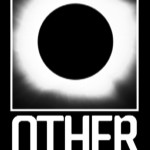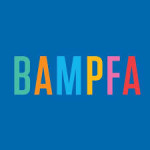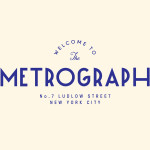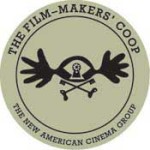FemExFilmArchive interview with Lynne Sachs by Nadia Zafar
This collaborative project is an ongoing collective archive of interviews with feminist experimental filmmakers started in 2017 by feminist filmmaking students at UC Santa Cruz and UC Davis. Our students were invited to each select a filmmaker, research their work in detail, and invite the filmmaker to have a conversation with them.





